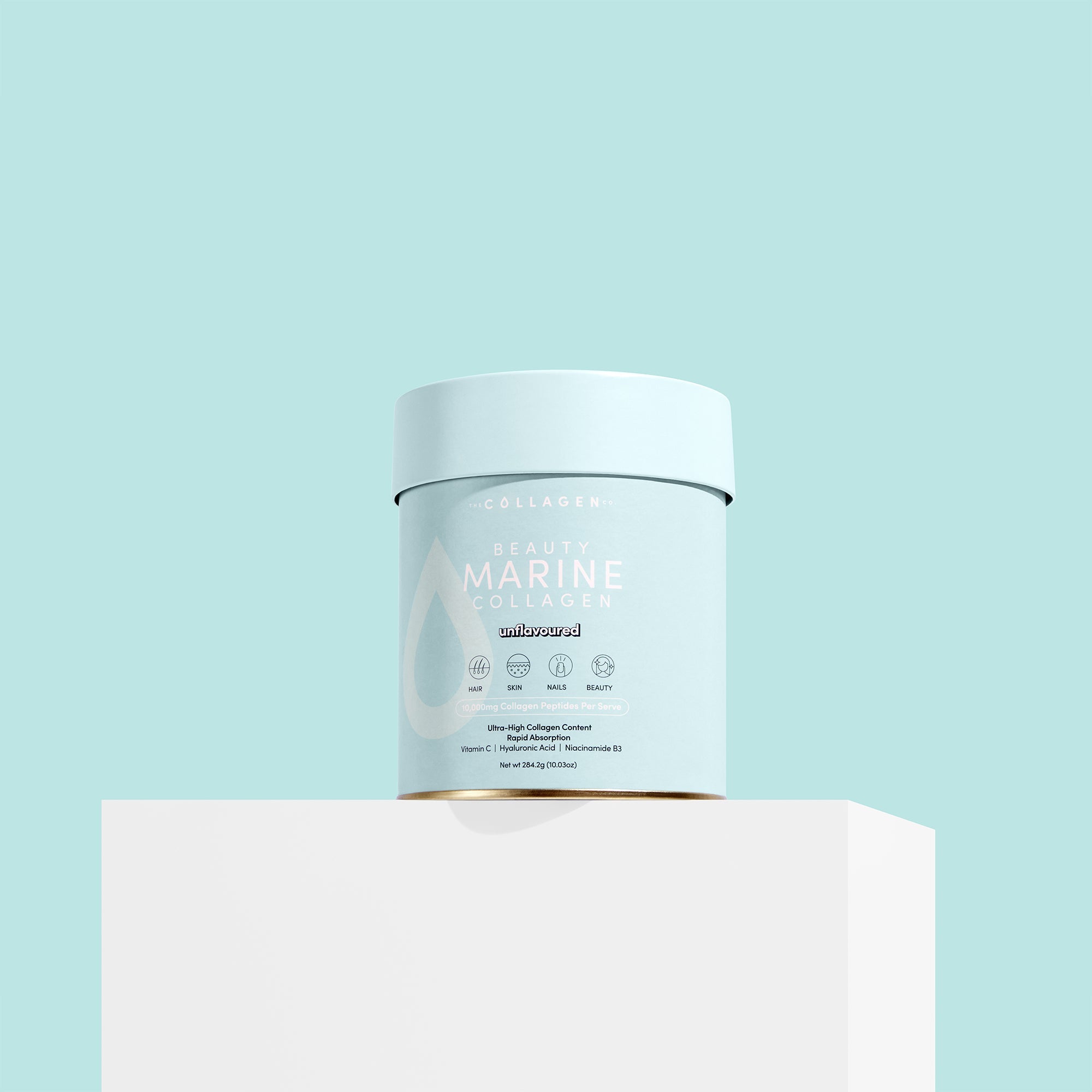Does A High Protein Diet Make You Gassy? Tips and Advice From A Dietitian
Posted November 2024

Feel distended after eating a protein-packed meal? Experiencing a build up of wind since increasing your protein intake? You might be surprised to hear that this is a completely normal digestive response to consuming high amounts of protein-rich foods.
Some know it as the ‘protein fart’ phenomenon and can shrug it off with a laugh, for others, it may cause serious digestive discomfort and impact their day to day life.
Regardless of its commonality, wind can be uncomfortable. Thankfully, you can make a few simple dietary changes to alleviate the symptoms [and embarrassment] all together.
Firstly, let’s take a look into why protein is important
Protein forms an integral part of a healthy diet. It’s a macronutrient [alongside carbohydrates and fat] which means it can be broken down and utilised as an energy source by the body if required. Carbohydrates, once broken down into glucose are our body's most preferred and efficient energy source. This is because we break it down the fastest and can use the energy immediately. Protein on the other hand, takes a little longer to break down and is generally used as an energy source when our glucose stores have been depleted [usually in extreme circumstances].
Protein also forms the structural component of every cell within the human body. It therefore plays a role in hormone production, immune function and most predominantly - supports the growth and repair of our muscles.
The volume and type of protein food sources could be a contributing factor
Protein is found in animal products such as meat, chicken, fish, eggs and dairy foods. Most of these foods contain a compound called ‘sulphur’ which may be responsible for generating an unpleasant smell when you pass wind. It doesn’t, however, contribute to the volume of gas.
On the other hand, protein is also present in plant foods such as tofu, lentils, legumes, nuts, seeds and certain high fibre wholegrains. Whilst these foods also contain sulphur, their attribution towards wind is likely due to them being a source of prebiotics. Prebiotics are a type of dietary fibre that isn’t absorbed by the body. Their role is to feed the beneficial bacteria that reside in our gut via a fermentation process. This process alone, and the by-products that form as a result of it can cause a build up of wind in our digestive tract. If you are eating large quantities of these foods to meet your protein requirement, it’s likely the prebiotics rather than the protein itself that are making you gassy. Prebiotics are incredibly beneficial for your gut, so it’s important not to cut them out all together. Instead, find a quantity you can tolerate and increase the variety you consomme.
The same goes for dairy products such as milk, yoghurt and cheese. Yes, they are all protein foods, but they also contain a compound called lactose. Most individuals can tolerate lactose fine, however it is known to cause digestive problems in around 4% of Australian adults. If this is the case for you, it’s important not to remove these foods all together as they are a main dietary source of calcium to support bone health, but rather find your unique tolerance level or a suitable alternative.
To be clear, the amount of protein - or food in general - that you’re eating could be responsible for making you gassy [volume eating tends to do this], but as mentioned - it’s likely the nonprotein components found in protein rich foods such as lactose, prebiotic fibre that are the culprit.
My suggestion? Try alternative protein sources in your diet to assess whether or not you may be sensitive to a particular food or compound.
Millie xx
Being bloated and passing wind can be completely normal and is often nothing for you to worry about, however if your symptoms are debilitating and impacting your quality of life, further investigation may be required by a medical professional.









































